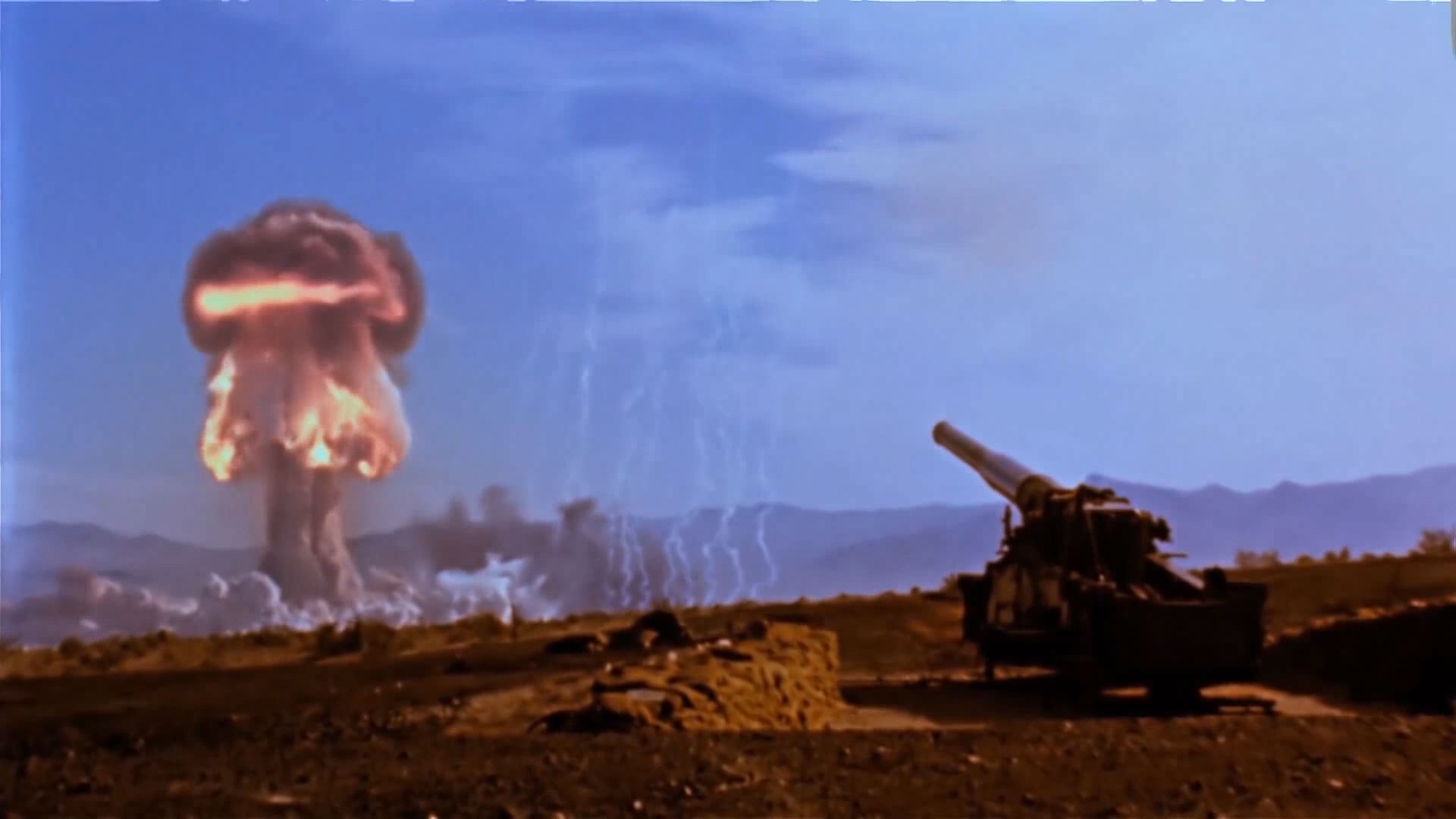Accordion SI Post
Shell’s ethane cracker is scheduled to come online soon, producing up to 1.6 million metric tons of plastic pellets a year. The plant will produce this plastic by processing ethane, a component of the natural gas found in the Marcellus and Utica shale formations nearby.
Construction of the plant was Pennsylvania’s largest industrial project since World War II, according to Gov. Tom Wolf, and benefitted from the largest state subsidy ever – a $1.65 billion tax credit, plus various state and local tax breaks.
More than 8,500 construction workers, many from out of state, crowded Beaver County over the last few years to construct the plant. When it is finished, it will employ 600 permanent workers.
 The cracker will also be permitted to be a large polluter – the second biggest emitter of volatile organic chemicals in the state. Stricter air quality rules and an energy system that relies less on polluting coal have made the air in and around Pittsburgh healthier in recent years. Many now ask: will this plant reverse gains to air quality?
The cracker will also be permitted to be a large polluter – the second biggest emitter of volatile organic chemicals in the state. Stricter air quality rules and an energy system that relies less on polluting coal have made the air in and around Pittsburgh healthier in recent years. Many now ask: will this plant reverse gains to air quality?
To help address what the project will mean for the region, we asked for readers’ questions about the plant, and solicited help from experts to answer them.
Like all good questions, many of our readers’ queries were hard, if not impossible, to answer completely. Many wanted to know what the future holds for the plant and the region – things we can make educated guesses on right now but can’t know for certain. But these questions helped focus our attention on the new reality of western Pennsylvania as a petrochemicals hub.
Property values
-
Q: I live in Brighton Township, Beaver County. How is the plant’s possible pollution, including light pollution, going to affect my home’s value?
– Lori Boone, Brighton, PA.
Jobs and taxes
-
Q: How much is Pennsylvania paying per job per year in tax credits? How many jobs are being created, and how much will they pay? Would Pennsylvania have been better off just giving the money to that number of citizens in a “job lottery?”
– Ira Beckerman, New Cumberland, Pa.
Royalties
-
Q: Will the opening of the cracker plant increase my gas royalties?
– Stacy McConahy, Pulaski, Pa.
Air quality
Q: Pittsburgh already has some of the worst air quality in the country. What will the company do to ensure this facility doesn’t make the air pollution in our region worse?
– Brendon Slotterback, Pittsburgh
Q: I’ve read about cancer alley in (Louisiana) and other areas where cracker plants are located. We have significant numbers of pediatric asthma in western Pa. Are all lung conditions going to get worse when this plant is running at full capacity?
– Michael Mannion, Pittsburgh
Q: Shell states in the Shell Risk Assessment submitted to the DEP on Jan. 28, 2015 that 55 “Compounds of Potential Concern” will be emitted by the plant once it goes into operation. Many of these are carcinogens. What can be said from a scientific and air quality perspective about air quality?
– Debra Smit, Pittsburgh, The Breathe Project
-
Q: Who will be monitoring pollution from this site? And how will it be regulated? Some claim it will generate $3.7B per year in total economic value, but what are the total indirect costs in terms of health and environmental impacts?
– Ryan Walsh, Pittsburgh


